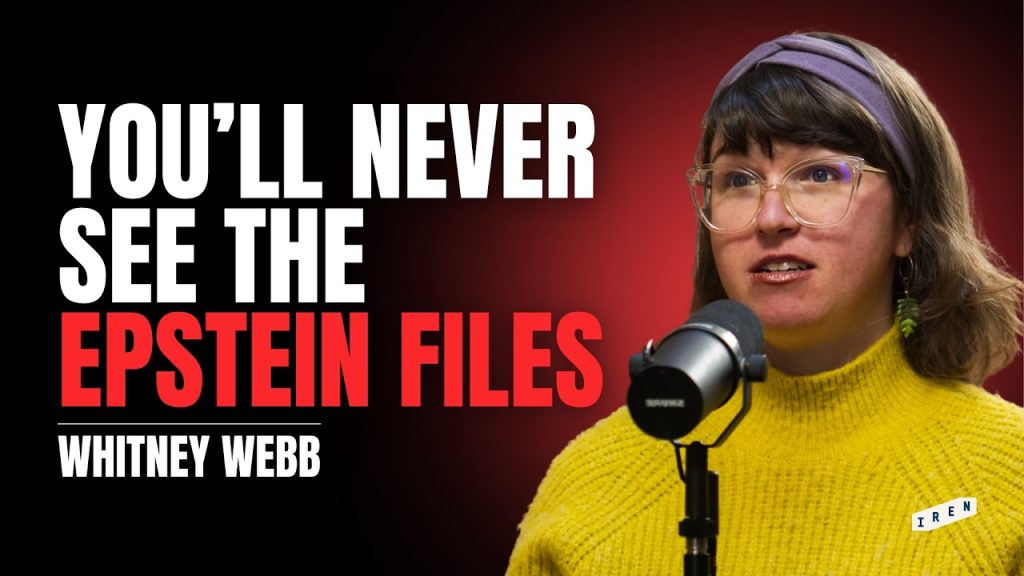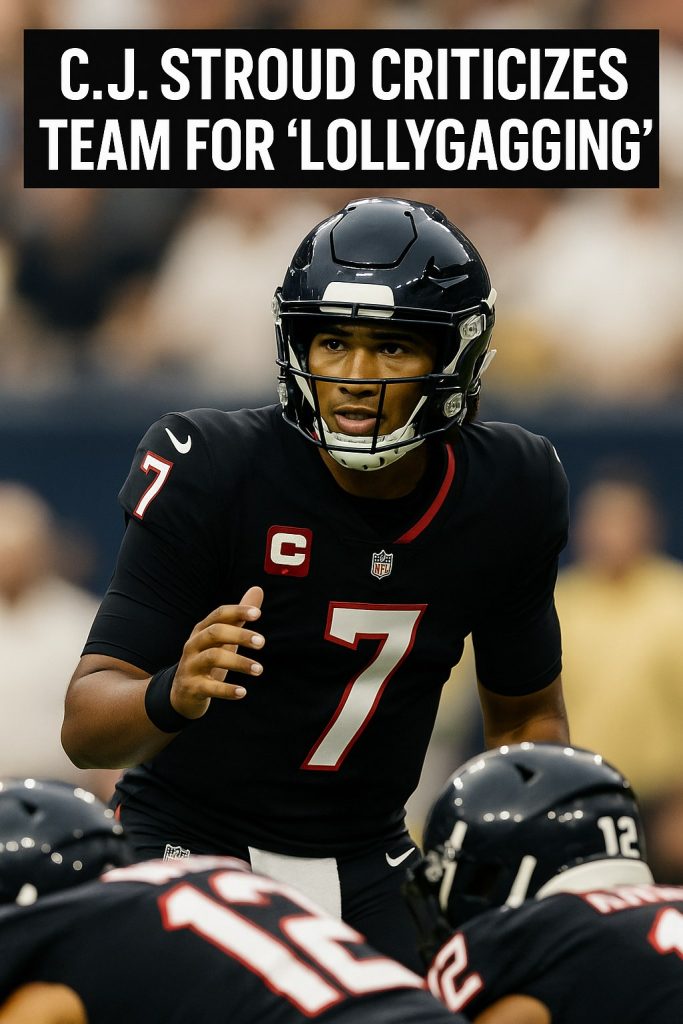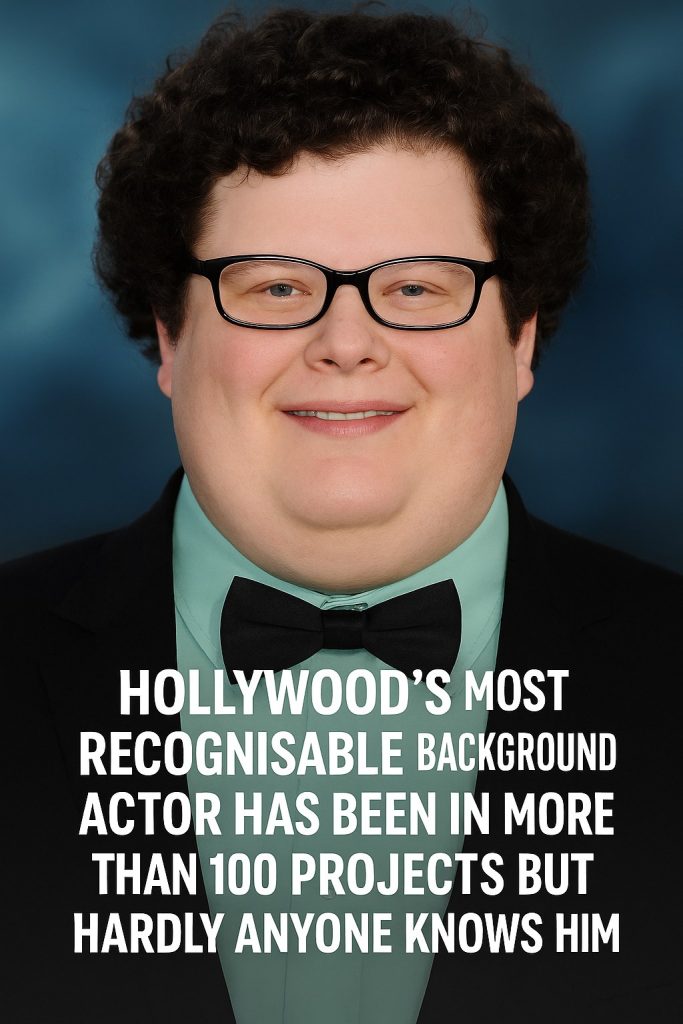The intersection of high-profile scandals, intelligence operatives, and power dynamics has long fascinated both political analysts and the public alike. In the latest installment featuring investigative journalist Whitney Webb, the discussion centers on Jeffrey Epstein—a name synonymous with controversy—and his entangled web of connections to the global elite. The insightful title, Whitney Webb; Epstein, intelligence, and the global network of power, hints at a deep exploration of the intricate relationships that underscore contemporary political landscapes.
Jeffrey Epstein, a financier and convicted sex offender, became a focal point of international intrigue after his 2019 arrest brought to light his ties to influential figures, including politicians, business magnates, and even members of royal families. Webb’s analytical lens prompts viewers to question how Epstein’s actions and connections may have been more than just personal failings, but part of a larger scheme involving intelligence apparatuses and global power brokers.
Historically, the nexus between intelligence agencies and prominent individuals has created a fertile ground for speculation. In the post-World War II era, the intelligence community expanded its network, often utilizing powerful elites as assets or liaisons. Webb’s investigation into this phenomenon highlights how Epstein’s operations might fit into this extensive power structure, suggesting that his international connections were not merely coincidental, but rather strategically cultivated.
As the revelations about Epstein have sparked renewed calls for accountability and transparency, they also raise fundamental questions about the integrity of power holders. The notion that intelligence agencies could leverage personal secrets as tools for influence or coercion poses ethical dilemmas that resonate across many layers of governance. Webb’s analysis brings to the forefront concerns surrounding how global networks of power operate under veils of secrecy, complicating the relationship between public servants and elites.
This dialogue transcends the narrative of a single individual’s misdeeds; it reflects the broader implications of systemic corruption and the potential manipulation of justice. As audiences tune into discussions such as Webb’s, they become part of a larger inquiry into who holds power, how it is wielded, and the shadows that may lurk behind the facade of governance.



